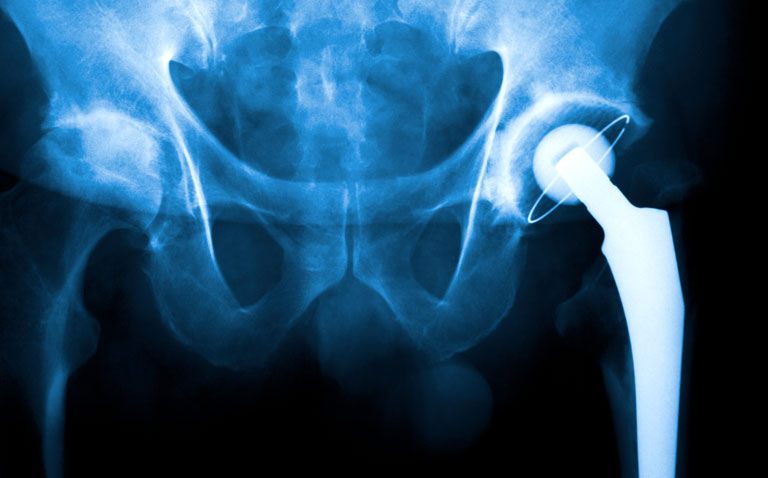In an exploratory analysis of low-dose colchicine use to reduce the occurrence of cardiovascular events, researchers have found that the drug lowers the incidence of hip and knee replacements for osteoarthritis (OA).
Published in the Annals of Internal Medicine, researchers examined the effect of colchicine on the incidence of hip and knee replacements in participants within the LoDoCo2 trial. This randomised, double-blind, placebo-controlled trial was designed to explore the effects of colchicine on the risk of cardiovascular events in patients with a recent myocardial infarction. Patients with coronary artery disease received either colchicine 0.5 mg daily or matching placebo.
In the exploratory analysis of data from LoDoCo2, the primary outcome of interest was the time to the first knee or hip replacement.
Effect of colchicine on knee and hip replacements
A total of 5,478 participants with a mean age of 66 years (15.3% female), were randomised to either colchicine (2,762) or placebo and followed for a median of 28.6 months.
Overall, the use of colchicine reduce the risk of knee or hip replacements by 31% (hazard ratio, HR = 0.69, 95% CI 0.51 – 0.95).
During a sensitivity analysis, this finding remained significant when excluding patients with gout (HR = 0.68, 95% CI 0.49 – 0.94) and those with a knee or hip replacement within the first three (HR = 0.61) or six (HR = 0.58) months after randomisation.
Whilst the trial did not specifically collect data on the incidence of OA, or any information on joint pain or physical functioning, it clearly had some effect on the course of the disease. The authors called for further studies to investigate colchicine therapy in slowing disease progression in OA.
Joint replacements in context
OA is a condition associated with cartilage destruction, subchondral bone remodelling and inflammation of the synovial membrane which is thought to be due to an increased release of pro-inflammatory cytokines. In fact, use of canakinumab, an anti-interleukin-1β inhibitor and which is a pro-inflammatory cytokine, has been shown to reduce the incidence of both knee and hip replacement in patients with OA.
Colchicine works through tubulin disruption and this action down regulates multiple inflammatory pathways, suggesting that the drug may be of value as an anti-inflammatory agent.










